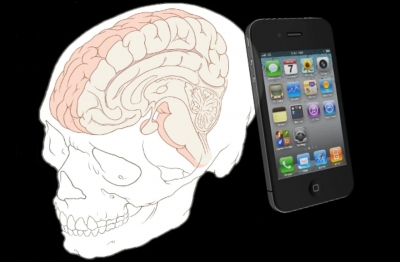
The perception that one’s mobile is vibrating or ringing when it’s not. It is characterised as a ‘tactile hallucination’ since the brain perceives a sensation that is not present. Psychologists say that detecting a vibrating/ring phone has become a habit, and the slightest muscle twitch or feeling of clothing moving could be misinterpreted by the brain.
Majority of cell phone users report experiencing phantom vibrations, with reported rates ranging from 27.4% to 89%.
“I think it’s a little scary how dependent most of us have become on our devices,” she said.
Smith said sometimes she suggests students go on a media “fast” and avoid using digital devices for a period of time.
“They’ll typically report back, ‘I couldn’t go an hour,'” Smith said.
Phantom vibration syndrome isn’t really harmful — in the study of college students, more than 90 percent said they considered phantom vibrations to be ”only a little” or ”not at all” bothersome.
But some believe it’s a warning sign that too much technology may be hazardous to human interaction. Smith says our attachment to devices becomes a serious problem when it keeps us from engaging with other people in the here and now.
“The remarkable prevalence of phantom vibration syndrome appears to reveal somethingabout our contemporary technological situation,” writes Georgia Tech assistant professor Robert Rosenberger, Ph.D., in a recent analysis published in the journal Computers in Human Behavior. Habits, anxiety, brain chemistry and other factors may all contribute, and he says more study is needed to fully understand what’s going on when we sense phone vibrations that aren’t really there.
Credit : CBS News
Picture Credit : Google




